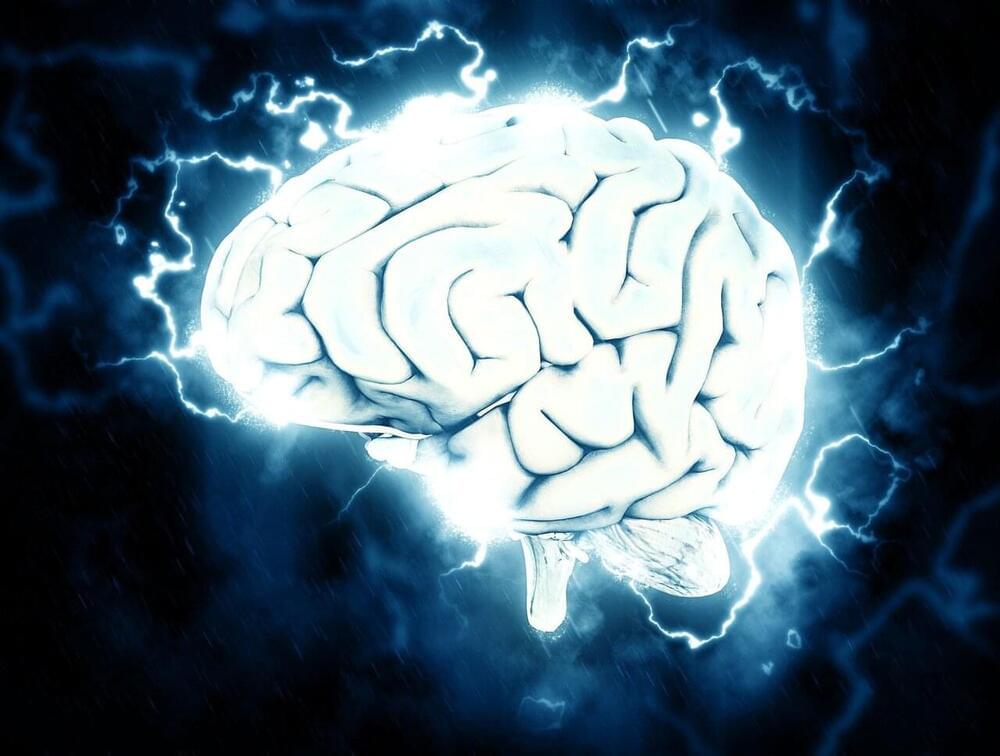Now, a new algorithm developed by Brown University bioengineers could be an important step toward such adaptive DBS. The algorithm removes a key hurdle that makes it difficult for DBS systems to sense brain signals while simultaneously delivering stimulation.
“We know that there are electrical signals in the brain associated with disease states, and we’d like to be able to record those signals and use them to adjust neuromodulation therapy automatically,” said David Borton, an assistant professor of biomedical engineering at Brown and corresponding author of a study describing the algorithm. “The problem is that stimulation creates electrical artifacts that corrupt the signals we’re trying to record. So we’ve developed a means of identifying and removing those artifacts, so all that’s left is the signal of interest from the brain.”
